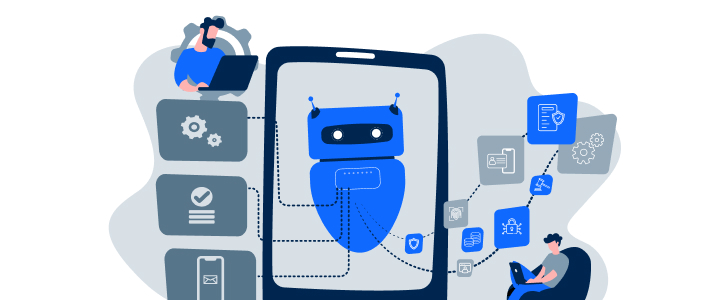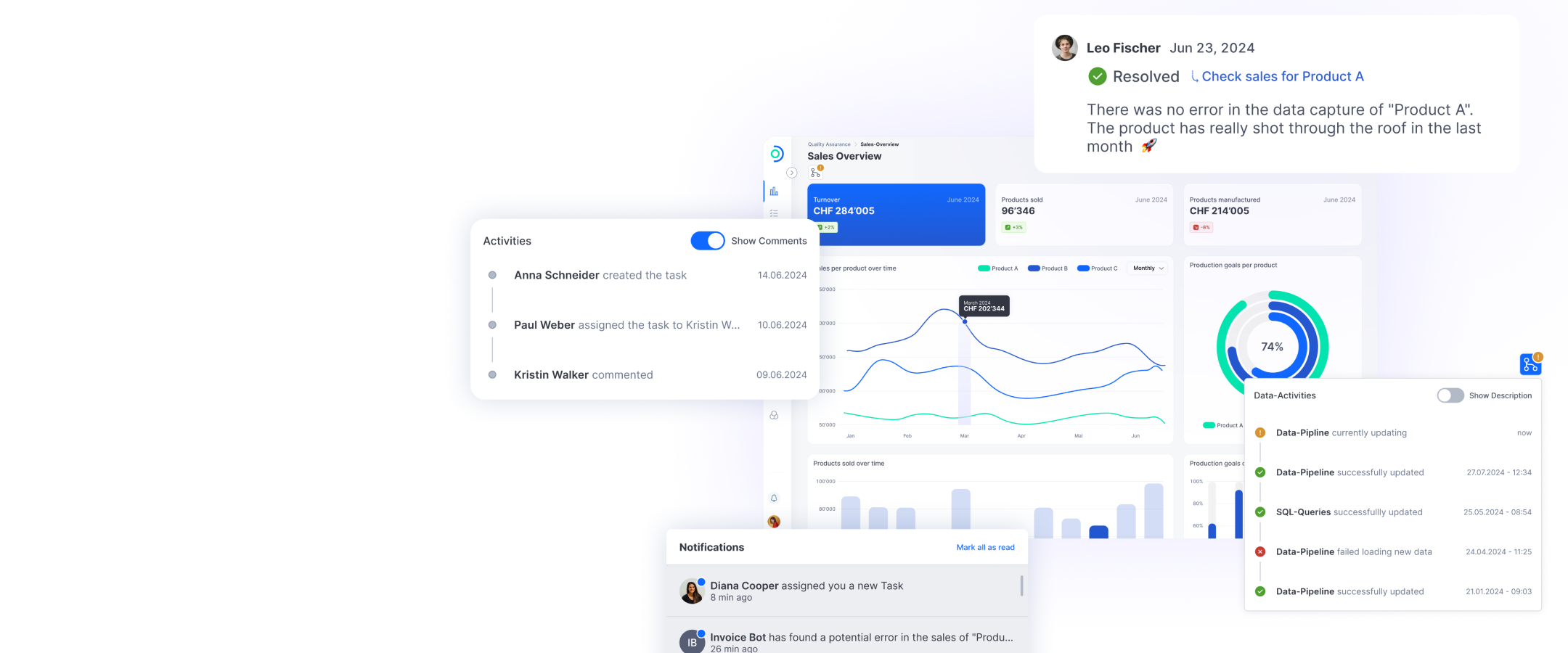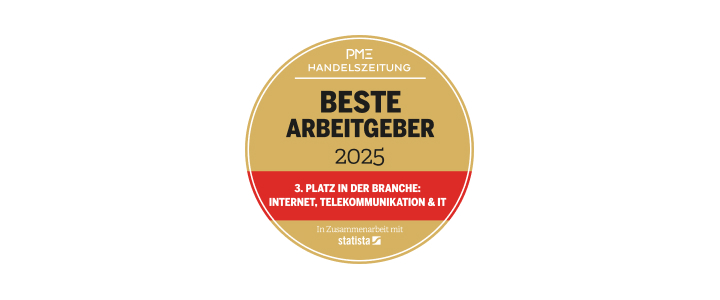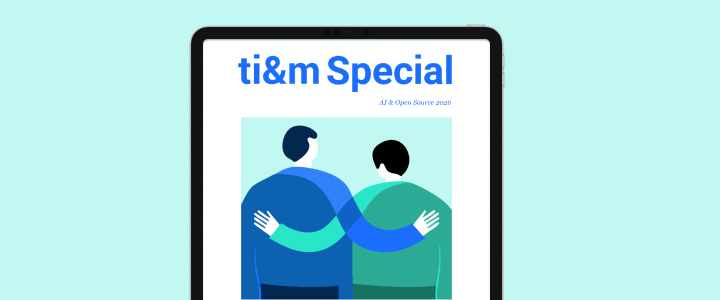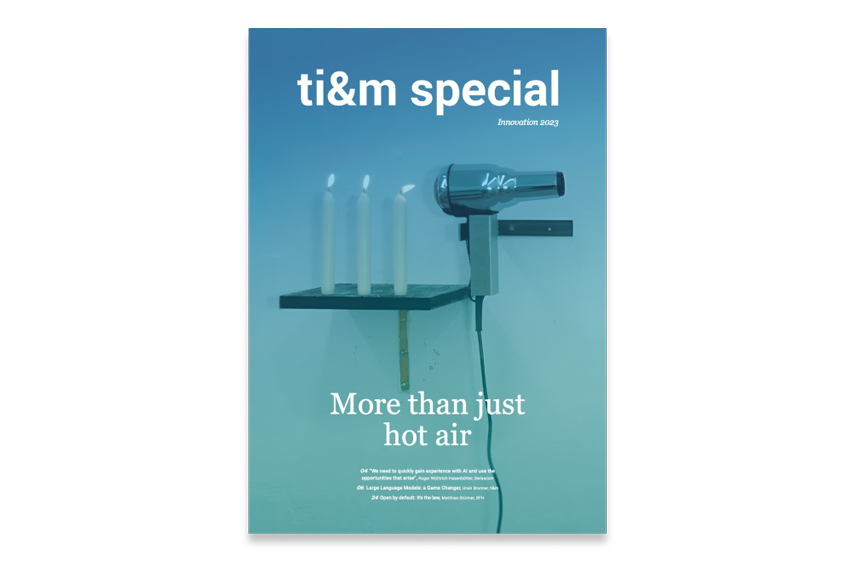Of health-promoting bracelets and digital lifestyle coaches
Singapore-ETH Centre // In 2010, the Singapore-ETH Centre (SEC) was established by ETH Zurich and the National Research Foundation of Singapore (NRF) as part of the NRF’s Campus for Research Excellence and Technological Entrepreneurship (CREATE). As ETH Zurich’s only research center outside Switzerland, the center strengthens ETH Zurich’s research capacity to develop sustainable solutions to global challenges in Switzerland, Singapore and surrounding regions.
Set in Asia, the SEC aims to provide practical solutions to some of the most pressing challenges on urban sustainability, resilience and health through its three main programmes: Future Cities Lab Global (FCL Global), Future Resilient Systems (FRS), and Future Health Technologies (FHT). The centre also has various standalone projects like Cooling Singapore, Digital Underground, Urban Microalgae-Based Protein Production, Black Soldier Flies, and others.
The Digital Twin Lab
One of our newest projects is the Digital Twin Lab (DT Lab). Digital twins are computer models meant to accurately reflect a real-world process or entity. They offer a wide range of benefits, including exploring hypothetical scenarios, forecasting, and optimisation. The mission of the SEC Digital Twin Lab (DT Lab) is to develop digital twin technologies and applications that empower stakeholders like government agencies to gain valuable insights and make informed decisions. The DT Lab allows SEC researchers to generate real-world impact by using technology to explore ‘what-if’ scenarios that address real-world challenges, such as climate change. These applications can be useful for government agencies, urban planners and the general public.
The DT Lab also develops and operates ‘Simulation-as-a-Service’ (SaaS) infrastructure technology. This infrastructure allows the operation of many digital twins, based on a distributed ‘federation’ of models, across multiple administrative domains, thus enabling participation and the integration of contributions from multiple organisations and entities. The DT Lab is currently working with the Cooling Singapore project by building a Digital Urban Climate Twin of Singapore. This digital twin will enable its users to explore ‘what-if’ scenarios and to investigate the potential impact of urban redevelopment, such as the impact of heat mitigation measures on the urban climate.
MyoPanda
Singapore is currently facing a ‘silver tsunami’. The number of people in Singapore over the age of 60 is estimated to reach about one million by 2030, comprising almost 20% of the population. A greying population also results in the higher healthcare costs and increasing prevalence of chronic illnesses associated with old age, like stroke. A new mobile application developed by SEC’s Future Health Technologies programme, MyoPanda, aims to make stroke therapy and treatment for seniors less time-consuming, affordable and more engaging.
MyoPanda is a mobile training application designed specifically for progressive wrist extension training. The Myo armband senses surface electromyography (sEMG), thereby recording the minimum voluntary efforts of stroke patients, even if they do not exhibit full active movement. This functionality is particularly important for stroke patients, who often require customised exercises to help them regain function in specific areas of the body. The MyoPanda application also offers a wide range of customised training blocks that are tailored to the level of impairment of each individual user. It provides real-time feedback features, with an avatar controlled by the user's EMG activity or scores that are displayed on the screen. Finally, MyoPanda is also portable.
Patients can easily bring the Myo armband and tablet home and continue their therapy at their convenience. This is especially crucial for stroke patients, who often need to continue their rehabilitation outside of clinical settings. Patient feedback is still in-progress, but results have been promising. Seven subacute stroke patients reporting good-to-excellent usability scores and expressing their willingness to continue using the application. This represents an important first step in demonstrating the feasibility and usability of MyoPanda in a clinical setting for post-stroke upper limb rehabilitation.
LvL UP
The Future Health Technologies programme is also building on extensive experience in developing digital health solutions to create an intervention app called LvL UP. Designed for young and middle-aged adults in Singapore to increase physical activity and support healthy eating, improve mood and reduce stress, LvL UP’s aim is to reduce the risk of developing non-communicable diseases – like diabetes and cancer – and common mental disorders – such as depression and anxiety – thereby improving self-reported quality of life in the long run.
LvL UP is a smartphone-delivered and personalsed health intervention that uses a chatbot to deliver a scalable, interactive, and engaging mobile health intervention. Combining storytelling, chatbots, smart notifications, gamification, and evidence-based frameworks to promote behaviuor change, LvL UP can be personalised according to an individual's preferences in lifestyle behaviour. It covers content in three areas: Move More, Eat Well, and Stress Less. The chatbots are personified as digital lifestyle coaches, four characters that portray typical Singaporean lifestyles and who are embedded within an overarching storyline to build working alliance with users. While still in the testing phase with users, LvL UP’s personalised approach and engaging features may help to address the low user engagement that has limited the usefulness of many mobile health interventions, making it a promising solution in Singapore and beyond.
These projects highlight the unique character of SEC’s research: locally-grounded in Singapore, yet ripe for opportunities and transnational application. Though active collaboration with universities and research institutes, and engagement with industry and Singapore government agencies, SEC seeks to translate knowledge to practical solutions to address problems we face in the world today and tomorrow.
Digital city hall in VR
In the next stages of the project, the team developed the idea of a virtual city hall. Here they drew on the findings from the interviews and discussions with representatives of the city of St. Gallen. Such an application would enable a realistic tour of the building in virtual reality. Info points could explain the offices’ services or even offer them digitally. The next step involved creating a realistic visualization of the city hall for an initial prototype. The innovation project used 360° panorama photos similar to those on Google Street View for this. The current prototype supports testing with the city’s residents. The project team will then be able to examine how existing digital government services can be used and integrated in the virtual city hall.

